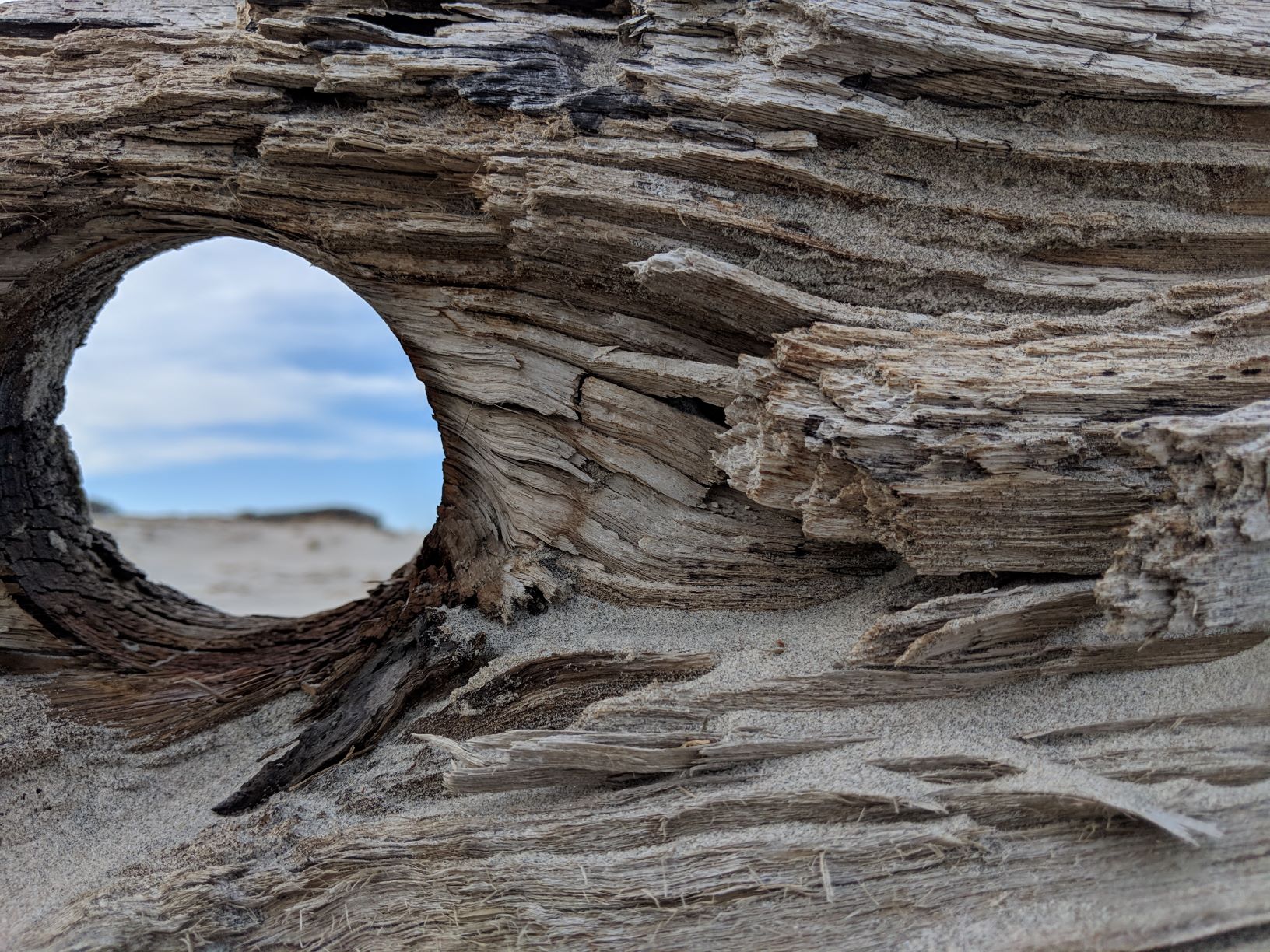
An Cailleach Bhearra wandered around back in the 10th century in western Ireland, eating “seaweed, salmon, and wild garlic” (my kind of appetite), looking for firewood.
If the day was bright and sunny, beware–she had gathered plenty of wood and was set for many cold days ahead.
If the day was gray, she didn’t bother, and she will make the days warm up again. Sound familiar?
Imbolc again.
Words shrink as the sunlight grows.
A few years ago in late January I watched a crow at the ferry jetty caw caw caw at a gull sharing a light post. The gull did not respond.
The crow swooped down to the pavement, picked up a piece of paper, then returned to its perch near the gull.
The crow carefully ripped up the paper, piece by piece, dropping each piece, one by one, watching each piece until it hit the ground, looking at the gull between pieces as if to say Hey!
When done, the crow cawed once more, and this time the gull squawked back. The crow, now seemingly satisfied, nodded, and then flew to a trash can and cawed at a few human folk, one of whom cawed back.

I have no idea what that was about, nor could I justify discussing it in my classroom. So I don’t.
Curriculum stops at the point where humans are besides the point.
That makes sense if you live in a world of words. It makes less sense at the water’s edge. If we keep ignoring things where humans are besides the point, we will become just that.
With the return of the sun comes the return of my sanity, when I feel comfortable letting go of the words again, learning (again) that what I thought was besides the point is the point.

The darkest 12 weeks of the year have ended, again and for now.


.jpg?resize=320%2C240&ssl=1)

